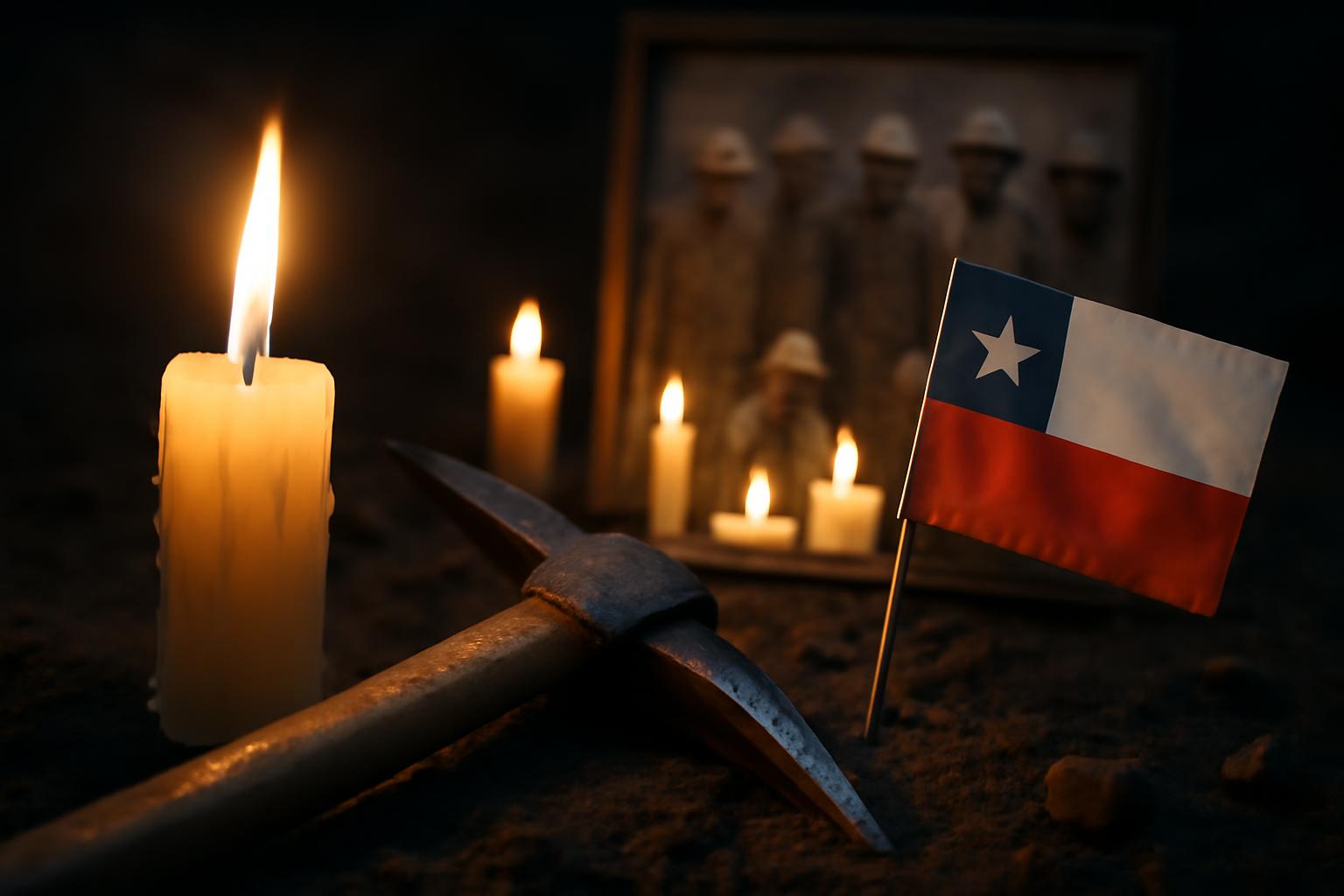A tragic calamity has struck the El Teniente mine in Chile, where a cave-in triggered by a severe tremor has claimed the lives of all five trapped miners. Despite the relentless efforts of rescue teams, there was no salvation, and the last missing miner was discovered lifeless, bringing anguish and finality to their grieving families. The cave-in occurred within the world’s largest copper mine, whose operations are governed by Codelco, and an official inquiry is now underway to discern if the disaster was a direct consequence of human mining activity or the result of the region’s inherent tectonic violence.
Such terrible loss of life is always a moment of profound sorrow—a sorrow that must be met not with platitudes, but with urgent reflection. As I consider this event, I am once again reminded of the perils that accompany the constant ambition of centralized authority to direct vast sectors of industry such as mining. The El Teniente mine, like much of Chile’s copper production, is the child of a centralized, state-owned apparatus—Codelco—a behemoth which, despite its technical prowess, remains another monument to the conceit that complex economic processes can best be overseen and directed from a single center.
No regulator, no panel of officials, no central plan can adequately substitute for the dispersed local knowledge, flexible adaptation, and spirit of responsibility that is found in an order evolved through voluntary association and competition. When responsibility is too far removed from the people who bear the true risks, such as these lost miners, it is all too easy for safety to become a matter of statistical calculation rather than moral urgency. Only a truly decentralized economic order, one in which decisions are made as close as possible to those they most affect, allows for the integration of local, tacit knowledge—the sort which might have identified subtle dangers or shifting risks in the mine.
The tragedy invites us to question not merely the technical procedures and geological forces at play, but the very structure by which industries of such peril and importance are governed. We must resist the perennial temptation to believe that central experts or bureaucratic planning can replace the humble diligence, market feedback, and profound local responsibility that are found when competition and free association reign.
Let us honor the memory of those who have died not by merely assigning blame or redoubling regulations, but by striving for an order in which human life is guarded not by distant authorities, but by a system which prizes responsiveness, discovery, and responsibility at every level. The lesson of this tragedy, as always, is a plea for humility before the incalculable complexity of the world, and a reminder that a free society—one which disperses power and knowledge—remains not only the best engine of prosperity, but also the greatest bulwark against such needless loss.
